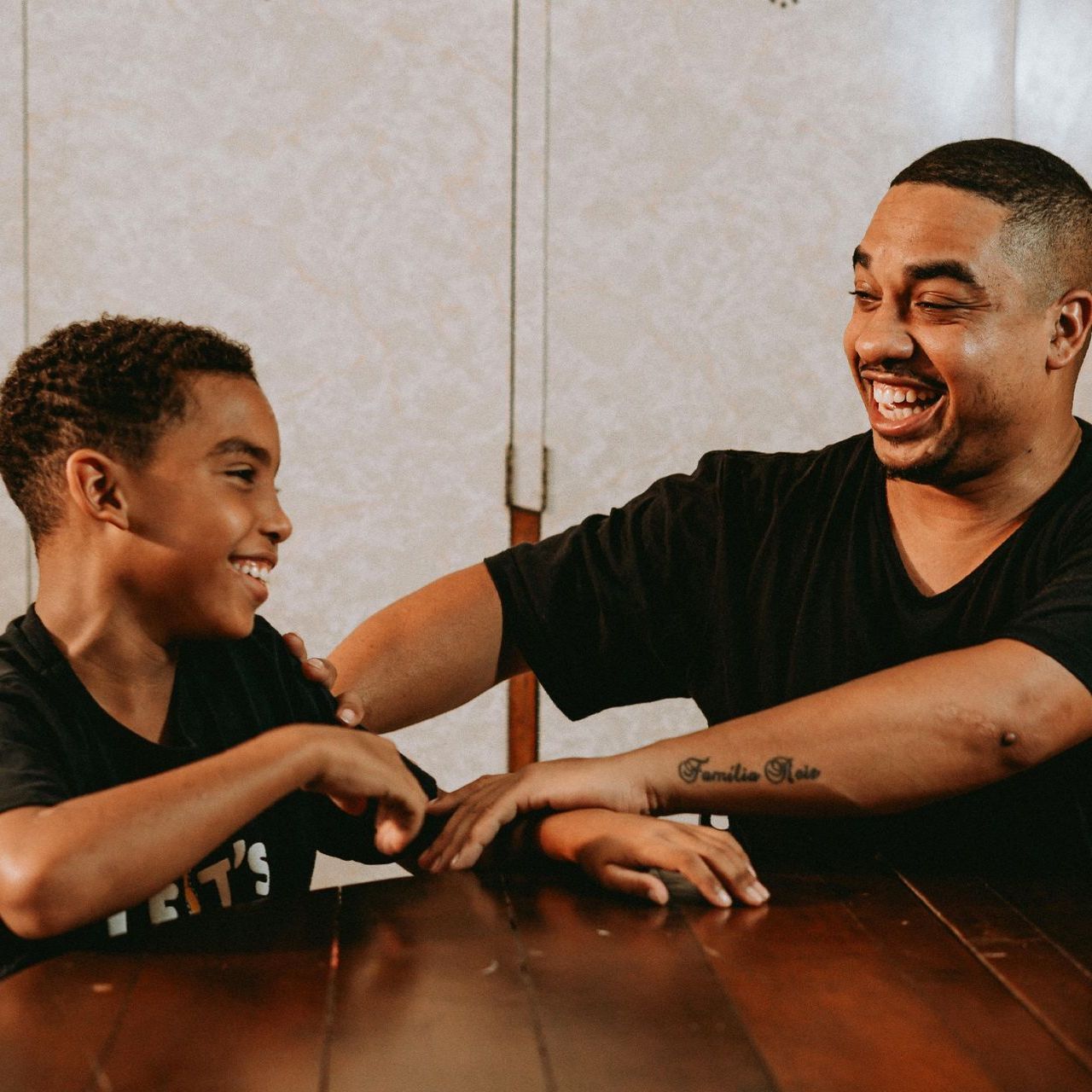How to Teach Your Kids to Value Personal Accountability
My child and I practice Karate together twice a week. Our Sensei is incredible and he always provides insight into life’s most challenging situations for parents and children. One of his favorites is accountability. He repeats this in nearly every class, “It’s much easier to teach your children personal accountability when they are young. If you want to really lose your mind as a parent, just wait until they are teenagers to start trying.”
Setting a culture of accountability when your kids are young can help them avoid that negative pattern of justifying their behavior with excuses. Instead, they will learn to take responsibility. Here are a few simple guidelines for teaching your children a sense of accountability and personal responsibility without feeling guilty or appearing to be a maximum security prison guard.
Create some age appropriate consequences. Parents should determine the consequences that are most appropriate for their children before they witness undesired behavior. For instance, a 3-year old child may get “time-out” for 10 mins if they behave badly, while a 13-year old may lose their cell phone privileges for 24 hours. Good consequences are simple, not complicated, and should be tailored to each child individually based on age, interests, and lifestyle.
Have initial discussions with your children when things are going well. You should not be angry or disappointed when you first review the behavior and accountability guidelines with your child. Take advantage of this time to create a priceless teaching moment. Involve your child in an open discussion about the best responses and behavior expected in specific situations. Try not focusing the entire conversation on the things you don’t want them to do. Kids may not always know what an appropriate response looks like, so give examples: talk to mom or dad, remove themselves from the situation, draw a picture of how they feel, or let out their feelings by kicking a ball or some physical outdoor activity.
Make rules/consequences very clear. As a parent, you must be upfront with your child so they clearly understand the unwanted behavior and the associated consequences. For example, you may say to your 8-year old daughter, “If you yell or fight with your younger siblings then you will lose your TV time that evening. Do you understand?” Above all, you must take action immediately to implement these consequences when your child does not follow your rules or exhibits the bad behavior. Initial feelings of guilt are normal, but stick to your guns and you’ll start feeling more confident that you are making a positive impact.
Remind or cue your child. As a good parent, it’s important to be proactive and remind your child of the consequences for certain choices they may make. Let’s say it’s a sunny Saturday morning and your 8-year old child has soccer practice at 1pm, later that day. This child is notoriously late for everything and you have had the discussion with them regarding behavior and consequences. As they are leaving the house to play with neighborhood friends, you can simply remind them that they must be completely dressed and in the car by 12:30pm to avoid losing TV time that evening. You are providing them with a cue about the expectations and reminding them of their accountability for their actions.
Be consistent. Accountability cannot be a “sometime” rule and be respected. Parents must set the expectations and stick to the consequences that have been clearly presented to the child. The worst mistake you can make is to threaten your child with a consequence you will not enforce. Doing so will only increase your feelings or guilt and self-doubt. It may sound great to say, “No playing outside for a week,” until you realize after the first day that you actually want them to play outside.
All parents dream that their kids will grow up to be happy with families of their own and successful careers. Likewise, parents know that their kids won’t get too far without taking personal accountability for their actions. While teaching accountability can be a difficult lesson, just consider the implications of not teaching it.











